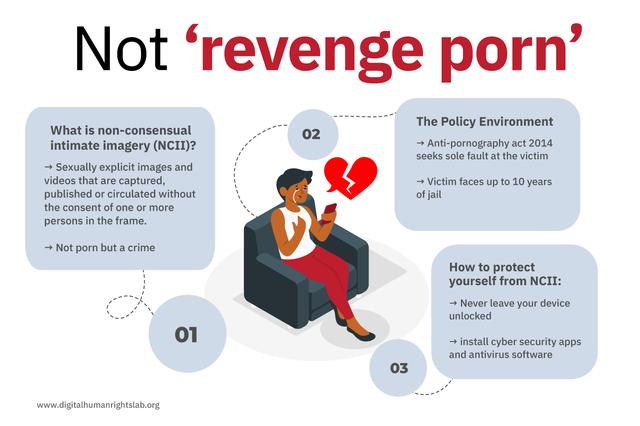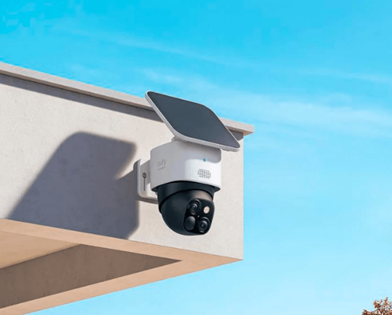Non-consensual pornography, or the sharing of an intimate video or photo without consent, is a form of technology enabled abuse. One in 12 Americans has experienced non-consensual pornography, which is illegal in nearly every state. To end Data Privacy Week, Information Technology Services and the Office of Equity Assurance recommend five ways to protect yourself.
• Have the talk. Before you share intimate photos or videos, have a conversation about what the person will do with the content. Ask questions like, “Where are they being saved on your device?”, “Are they being backed up to the cloud?” and “Who else has access to your phone?”
• Safe texting. Ensure you cannot be identified. If you choose to share intimate images, avoid showing your face or identifying tattoos.

• Save the evidence. Before you delete anything, or ask anyone else to, be sure to save webpages as PDFs, take screenshots, print, or download misused images to a secure hard drive. Without My Consent has an evidence chart for reference.
• Take down requests. Google lets victims remove the offending image or video from search results. Other websites and social media platforms will remove posts that violate their content policies.
• Legal action. Copyright violations, criminal laws and restraining orders are all options. To date, 46 states and the District of Columbia have criminalized non-consensual pornography, usually a misdemeanor.
If you or someone you know is experiencing technology enabled abuse or harassment, first ensure your own safety and the safety of others. Call 911 in emergency situations.
Abuse or harassment can be reported to the University Police Department at 304-293-3136 or to other law enforcement agencies with jurisdiction over the crime. Students, faculty and staff can also report abuse and harassment to the University by calling the Equity assurance and Title IX office at 304-293-5600 or by filing a report at: https://diversity.wvu.edu/equity-assurance/resources-and-reporting-options.
The Office of Equity Assurance and the legal system work independently, but in coordination. You may file a report with the University, law enforcement, with both or with neither. The standards for determining a violation of criminal law are different than the standard in WVU’s grievance procedures. Neither the results of a criminal investigation nor the decision of law enforcement on whether to investigate determines whether a violation of the University’s policy has occurred.









